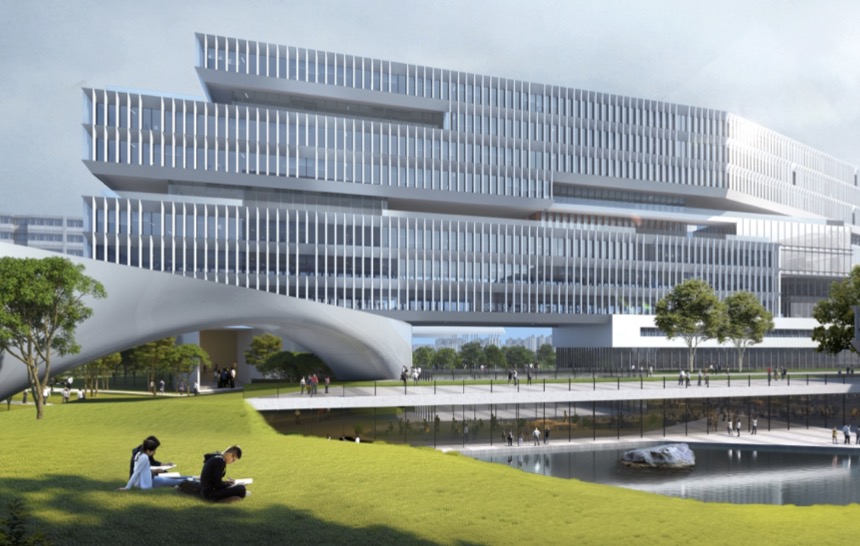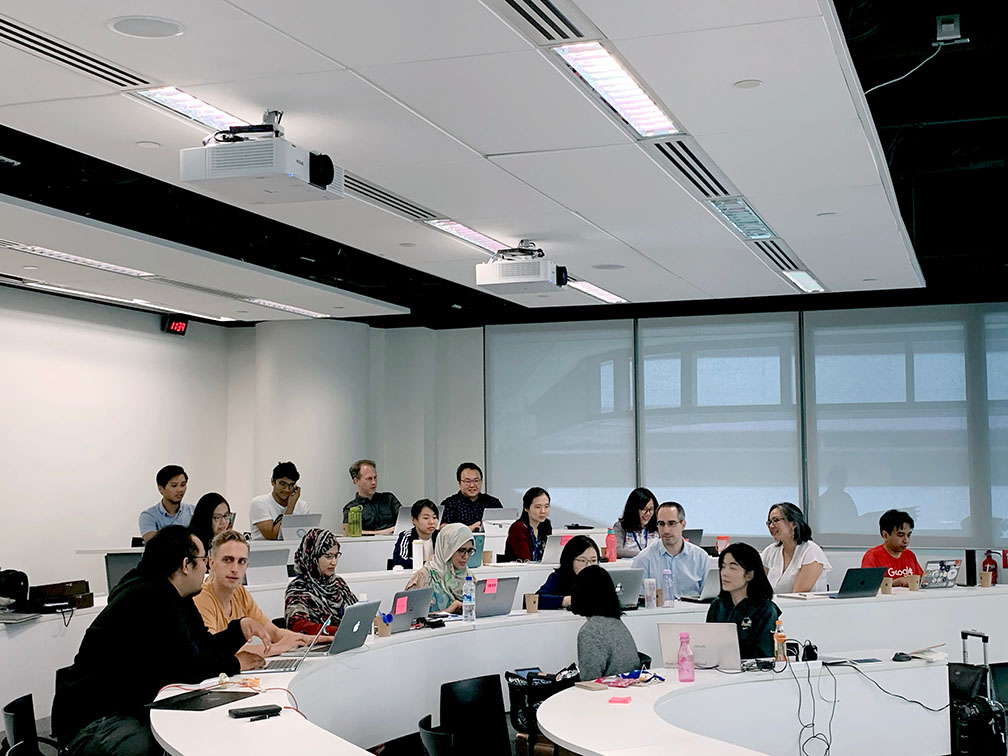Officially
established on January 12, 2024, the Intelligent Computing Research Center
conducts high-level scientific research, sets up internationally influential
academic platforms, and trains and introduces top-tier talents to build a well-structured
academic team. We are dedicated to serving talent development at GBU, digital
economy construction in the GBA, and China’s major strategic needs.
Introduction
The Center focuses on the
theoretical, algorithm and application research of combining new-generation
artificial intelligence with mathematics to develop a new paradigm of “artificial
intelligence + mathematical theory and computation”. We are committed to
exploring fundamental theories and algorithms in computational mathematics and
operations research, studying key algorithmic architectures in areas like deep
learning, reinforcement learning, and large language models, and their
efficient implementation. We aim to develop core technologies for AI to solve
complex mathematical problems, thus promoting the interdisciplinary integration
of computational mathematics, operations research, and artificial intelligence.
The Center consists of
three groups: Scientific Computing, Artificial Intelligence, and Mathematical
Intelligence. Main research directions include computational mathematics,
operations research, machine learning, signal processing, and natural language
processing. In five years, the Center is expected to have 10 full-time academic
personnel (principal investigators), 10 part-time academic staff, dedicated
researchers, postdoctors, as well as a number of doctoral students and visiting
students.
Tasks
and Goals
1. Introduce a number of
outstanding talents who meet the academic standards for faculty positions in
the interdisciplinary field of scientific computing and artificial intelligence.
2. Produce a series of
achievements with important social influence for GBU and the Great Bay
Institute for Advanced Study, including participating in activities like artificial
intelligence challenging the International Mathematical Olympiad (IMO) and
obtaining impressive results.
3. Collaborate with
major corporations such as Huawei, Alibaba, and Sugon to actively build
industry-university-research cooperation platforms, apply for national,
provincial and local projects, and facilitate the transformation of scientific
research into practical applications.












